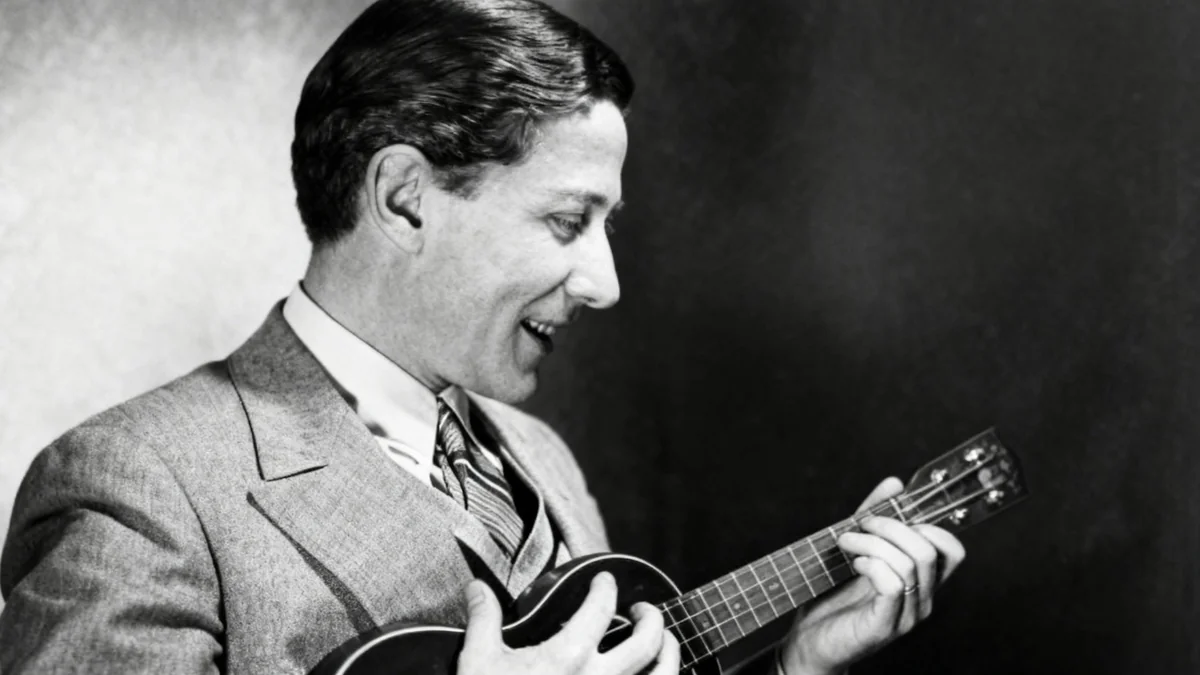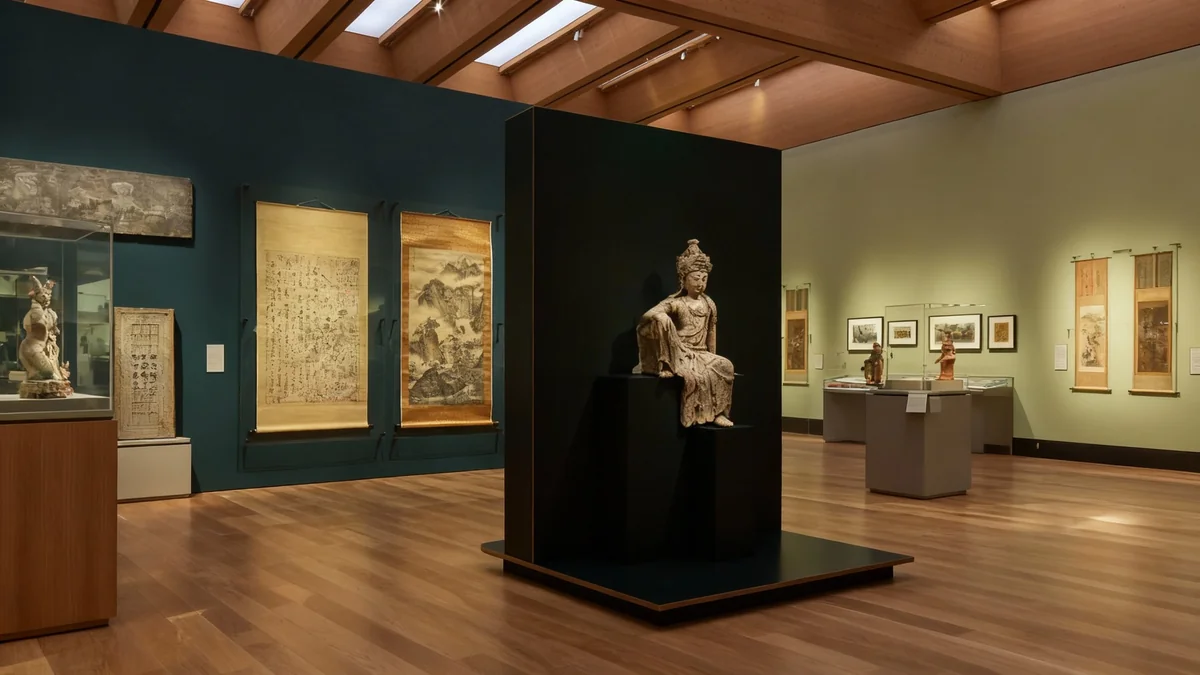The tragic 1926 death of 19-year-old Lester J. Wolf in Homewood, Illinois, is now reaching a national audience. Wolf, an employee at the early radio station WOK, died in an accident that has been largely forgotten outside his community. His story is being featured on the popular radio show and podcast "Our American Stories," hosted by Lee Habeeb, bringing a historical local event into the national spotlight.
Key Takeaways
- Lester J. Wolf died in a 1926 radio station accident in Homewood.
- Wolf was an employee at WOK, an early radio station.
- His story is now featured on the national podcast "Our American Stories."
- Bob Anderson, Wolf's great-nephew, leads efforts to preserve his memory.
- The incident highlights the dangers of early radio technology.
A Young Life Lost in the Dawn of Radio
Lester J. Wolf's passion for radio was evident even in the industry's infancy. At just 19 years old, he worked for WOK, a pioneering radio station broadcasting from Homewood. This was a time when radio was a revolutionary technology, capturing the imagination of millions and transforming communication. Wolf was deeply involved in this new medium, a true enthusiast during a period of rapid technological advancement.
His great-nephew, Bob Anderson, who also serves as the president of the Homewood Historical Society, has played a significant role in keeping Wolf's memory alive. Anderson emphasizes Wolf's dedication to radio, describing him as intensely passionate about the fledgling industry. This personal connection underscores the human element behind a historical event.
Fast Fact
The year 1926 saw significant growth in radio broadcasting, with many new stations emerging across the United States. Safety standards were still developing, making early radio work inherently risky.
The Accident at WOK
Details surrounding Wolf's death reveal the inherent dangers of early radio technology. While specifics of the accident are not widely documented in public records beyond local archives, the incident involved equipment at the WOK station. Electrical systems in the 1920s were far less regulated and protected than they are today. High-voltage components were often exposed, and grounding techniques were not as sophisticated.
Working with such equipment required immense caution. Wolf's death served as a stark reminder of the risks faced by those who built and operated the first radio stations. These pioneers pushed the boundaries of technology, sometimes at great personal cost.
"Lester J. Wolf was a true pioneer in radio, a young man who dedicated his energy to a new and exciting field. His story reminds us of the sacrifices made in the early days of technological innovation."
Homewood's Connection to Radio History
Homewood, a community in Illinois, holds a unique place in early radio history due to WOK. Stations like WOK were vital in connecting communities and providing news and entertainment. They were local hubs for innovation and public engagement. The presence of such a station in Homewood highlights the widespread adoption and rapid expansion of radio across the country.
The Homewood Historical Society, under Bob Anderson's leadership, actively works to preserve this local heritage. Their efforts ensure that stories like Wolf's are not forgotten. They provide valuable context for understanding the broader history of technology and its impact on everyday life.
Historical Context
In the 1920s, radio transitioned from a niche hobby to a mainstream medium. This era saw the rise of commercial broadcasting and the establishment of regulatory bodies. The public's demand for radio content drove rapid technological development.
"Our American Stories" Brings the Past to Life
The decision by "Our American Stories" to feature Lester J. Wolf's story underscores its historical significance. The program, hosted by Lee Habeeb, specializes in telling compelling narratives from American history, often focusing on lesser-known individuals and events that shaped the nation.
For Wolf's family and the Homewood community, this national exposure is a meaningful tribute. It validates the importance of his story and brings recognition to a young man whose life was cut short while pursuing his passion. The podcast's reach ensures that a new generation learns about the early challenges and human costs associated with technological progress.
- The podcast "Our American Stories" aims to share unique and inspiring narratives.
- It reaches millions of listeners through radio broadcasts and digital platforms.
- The segment on Wolf's death provides a historical perspective on radio's early days.
Preserving Local History for a National Audience
Bob Anderson's work with the Homewood Historical Society has been crucial in preserving the details of Wolf's life and the circumstances of his death. Historical societies often serve as custodians of local memory, ensuring that significant events and individuals are remembered. Their dedication allows stories to transcend local boundaries and gain wider recognition.
The collaboration between local historical efforts and national media platforms like "Our American Stories" demonstrates the power of storytelling. It shows how personal narratives can illuminate broader historical trends, such as the evolution of technology and the human endeavor behind it. Lester J. Wolf's story is now part of this larger American tapestry, a testament to the enduring impact of those who paved the way for modern communication.
The national broadcast not only honors Wolf but also educates listeners about the foundational period of radio. It highlights the ingenuity, risks, and human stories that defined an era of unprecedented technological change.




